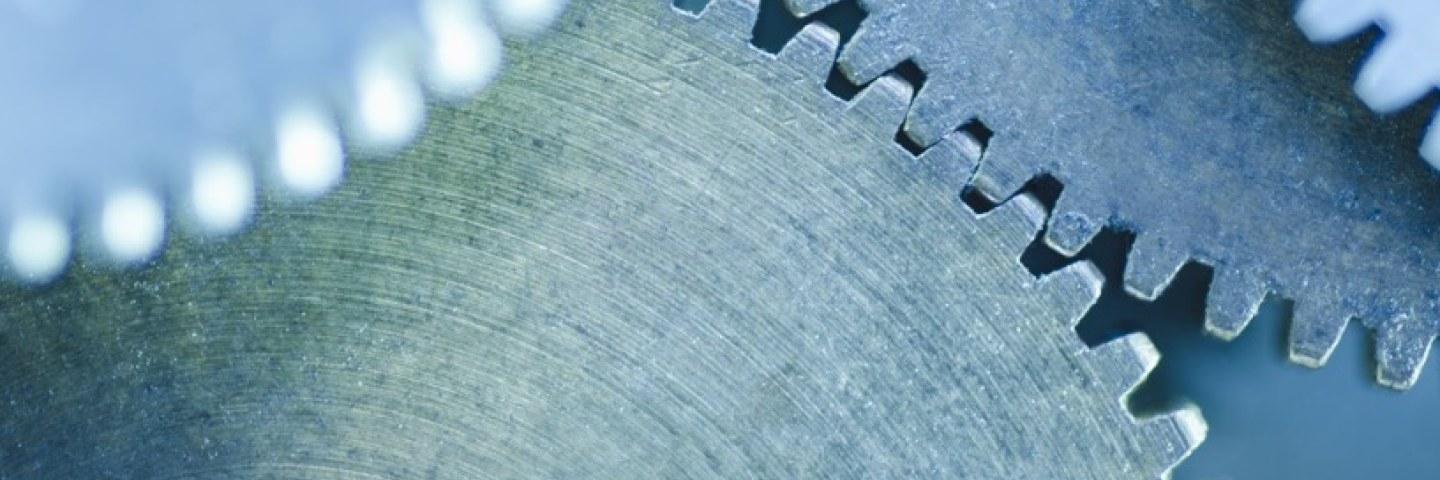In this project we study, how industrial workers’ flexible activity affects positively the companies’ survival in unexpected crisis situations. We strive to find out, how the workers in metal, chemical and wood product industry participate and how they are involved in taking care of crisis situations in working places and in preparing for upcoming crises. We also ask, how the employers and work organizations enable and support workers’ activity in crisis situations.
The study helps in solving crisis situations by highlighting the workers’ and employers’ activity and the meaning of the reciprocality of the activity. The guidelines produced in the study help working places to get prepared for upcoming crises and evaluate how the workers’ know-how and experience can be used in crisis situations. The workers have tacit knowledge, skills and experience which is important in adopting crises management practices for the whole staff.
Goal
1) To examine and describe the workers’ activity in crisis situations and to produce guidelines for supporting the agency in upcoming crisis situations by developing the operational culture.
2) To examine and describe organizations’ ways to involve the workers in crisis situations and to produce guidelines for involving the workers in crisis situations and utilizing their know-how in upcoming crises.
In the project we utilize both survey and interview data. The survey data will be collected in collaboration with Industrial Union, the survey will be targeted to the industrial workers and chief shop stewards. The interview data will be collected by interviewing managers of industrial companies.
Funding
People
Tiina Saari
University InstructorPasi Pyöriä
University Lecturer, sosiaalitieteet, alana sosiologia Pasi Pyöriä
Pasi PyöriäHarri Melin
Professor Emerita/EmeritusKatriina Tapanila
Postdoctoral Research FellowCo-operators
Industrial Union
Contact persons
university instructor Tiina Saari, tiina.saari [at] tuni.fi

